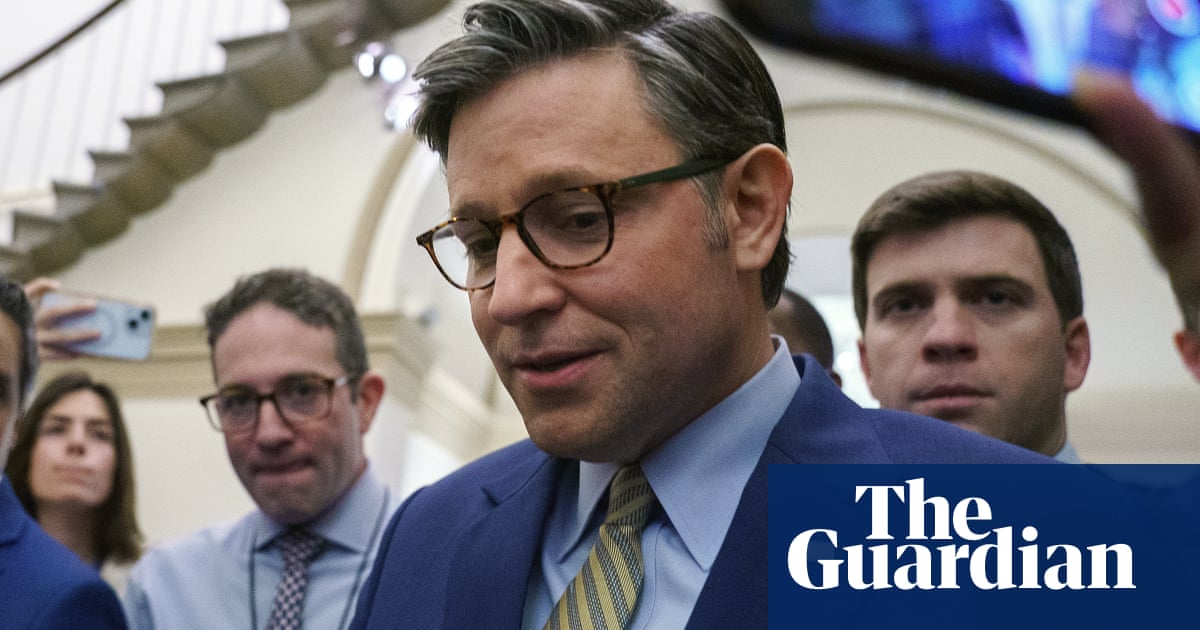The Trump administration’s decision to cut funding for a $5 billion infrastructure program has come under scrutiny. A nonpartisan watchdog has found that this action may have violated the law. They argue that funds meant for electric vehicle charging stations should be reinstated as Congress originally intended.
This situation highlights a growing conflict over presidential authority. Since entering office, Trump and his team have strived to eliminate federal budget allocations that clash with their political views. One major target has been the National Electric Vehicle Infrastructure program. This program was designed to create a nationwide network of charging stations, approved as part of a bipartisan infrastructure law in 2021. However, the Department of Transportation froze its funding earlier this year.
The Government Accountability Office (GAO) reviewed this funding halt and concluded it was an improper "impoundment." This means the administration withheld money that lawmakers had already approved. According to the GAO, the government has a duty to continue funding this program as specified by law.
The term "impoundment" refers to the practice of withholding funds that have been allocated by Congress. It’s restricted under a law from the 1970s, which gives the GAO the authority to monitor spending and even to challenge such actions in court.
This debate is not just about funding; it taps into broader discussions about presidential power and accountability. Recent polls indicate a growing concern among citizens regarding government transparency. An overwhelming 75% of Americans believe that Congress should have more control over budget allocations, rather than allowing the executive branch to hold the purse strings unchecked.
In historical context, similar disputes have occurred in past administrations. In the 1970s, President Nixon faced backlash for impounding funds approved by Congress. This ultimately led to the creation of laws designed to curb such practices. The current situation serves as a reminder that the tension between different branches of government is an enduring aspect of American politics.
As the funding debate unfolds, public sentiment is likely to influence future legislative measures. For instance, social media platforms are buzzing with opinions on the matter, with many users advocating for stronger checks on executive power.
In sum, this controversy highlights the ongoing struggle for balance in government spending and oversight. It also shines a light on how past conflicts shape current policies and public expectations. For further details on the GAO’s role and the legal framework surrounding impoundments, you can visit the Government Accountability Office website.
Source link
Government Accountability Office,Federal Budget (US),United States Politics and Government,Constitution (US),Presidential Power (US),Trump, Donald J,Vought, Russell T






















